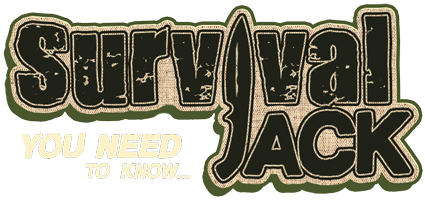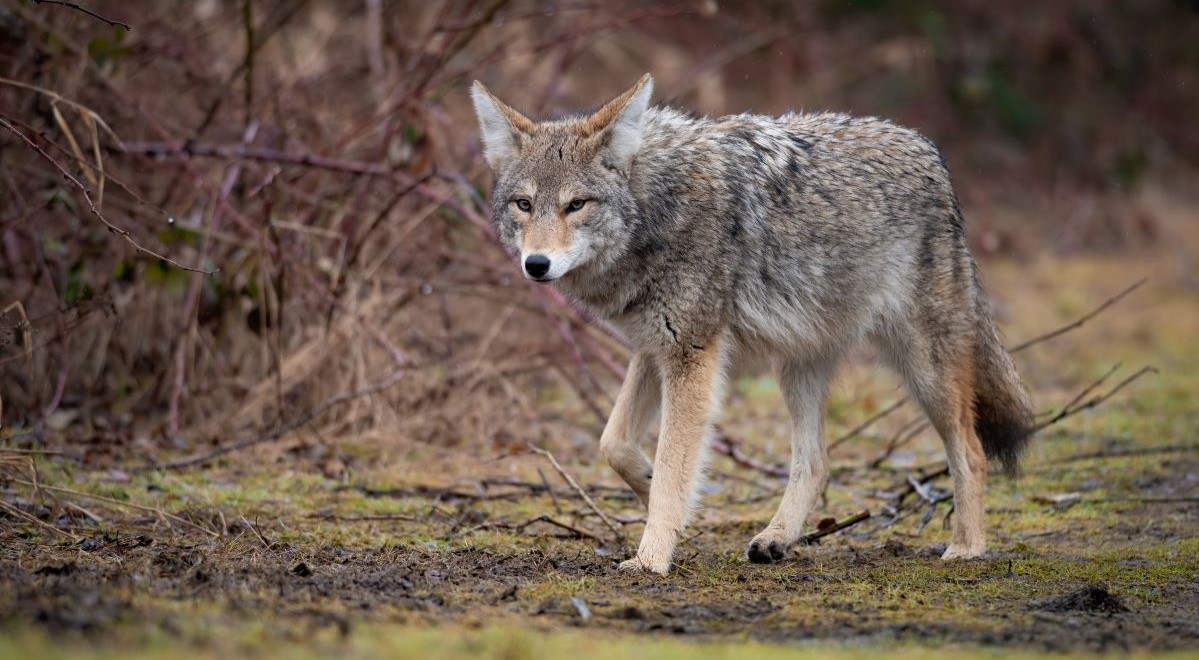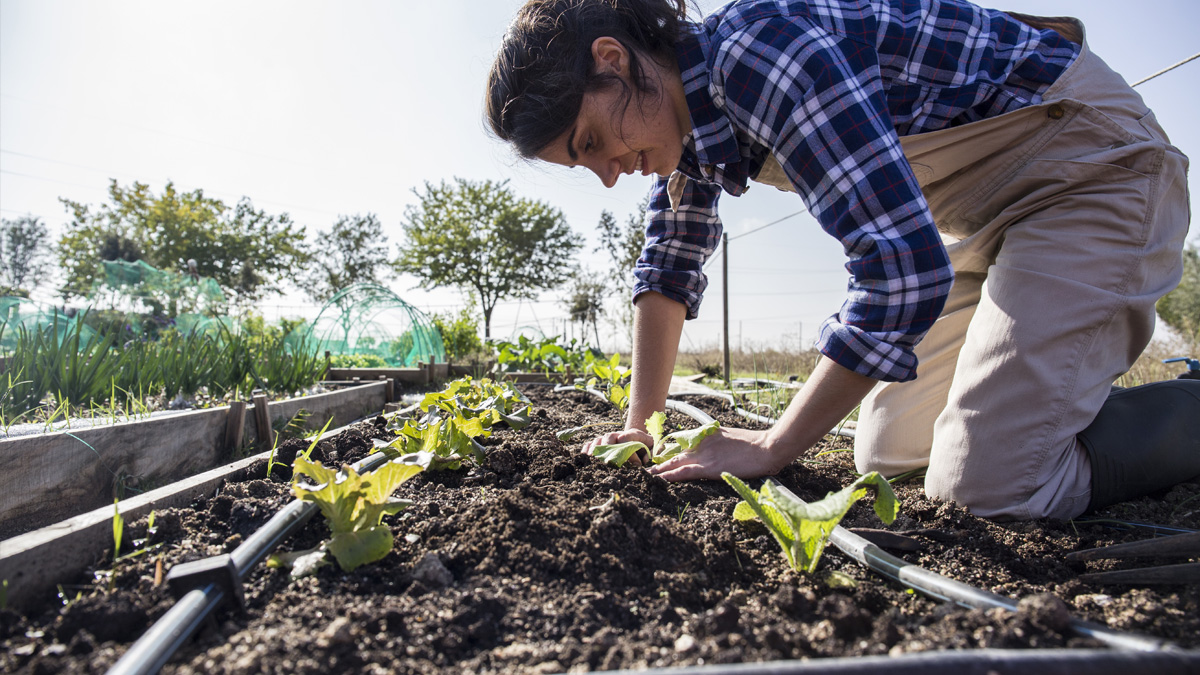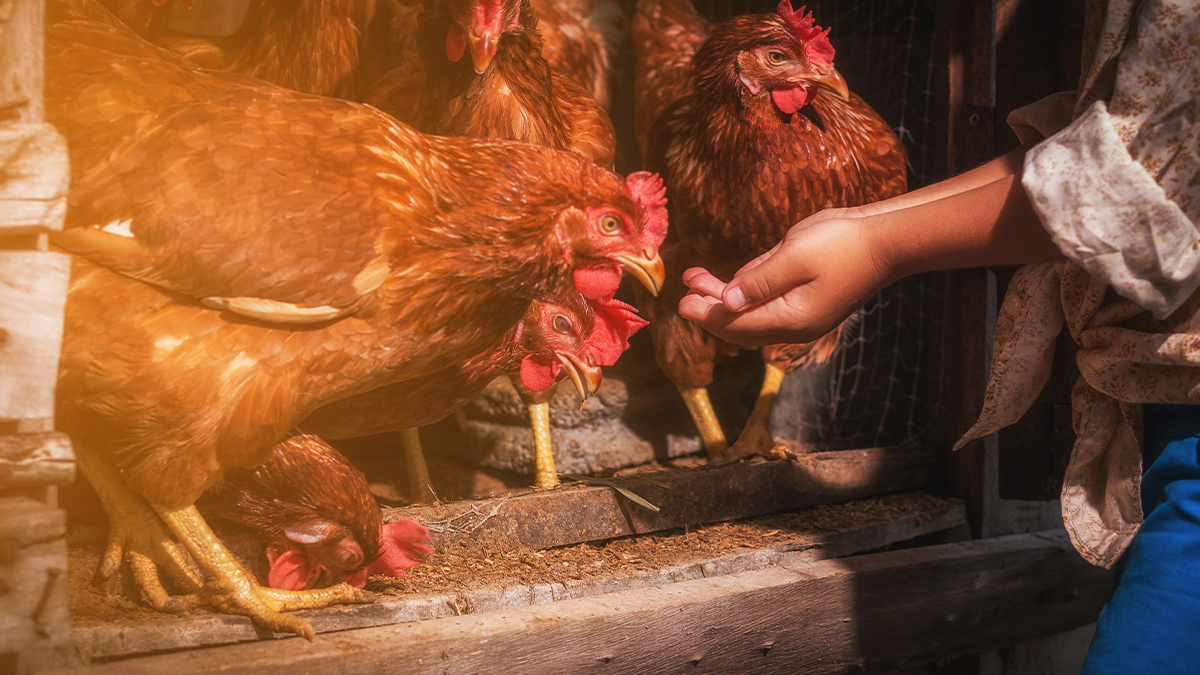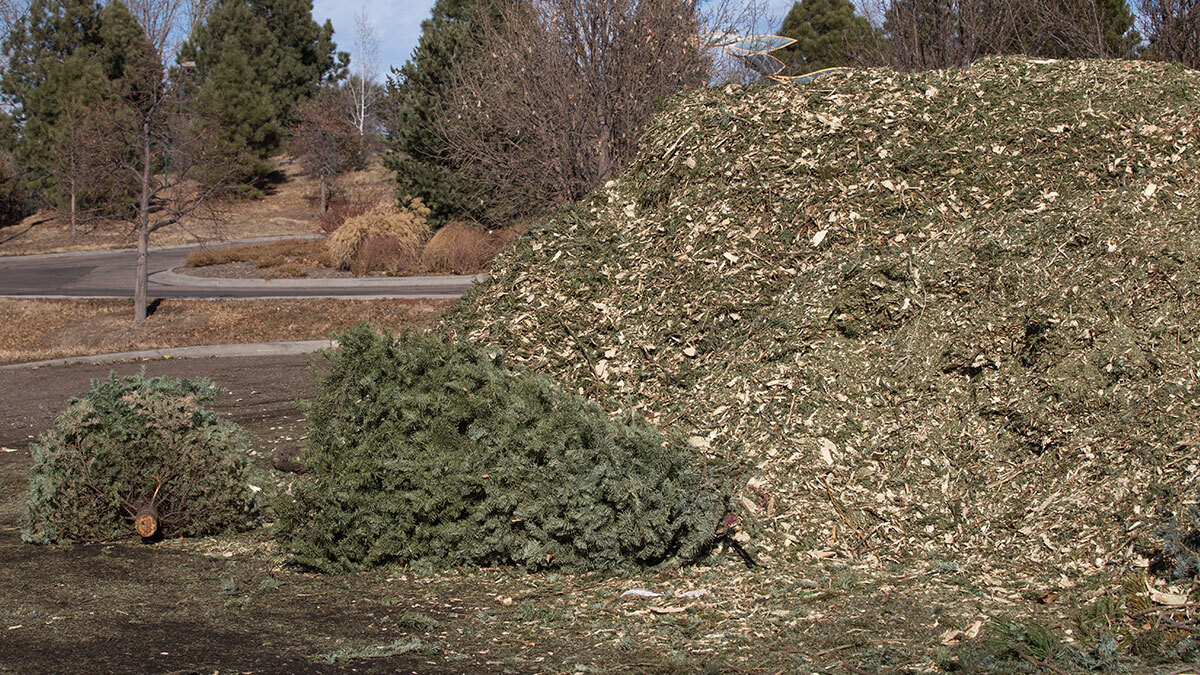on
If you have chickens, goats, or sheep, you know that protecting your livestock from predators is one of the most important things you can do.
But it can be a challenge. Nature is harsh, and if you don’t take steps to protect your animals, sooner or later you’ll lose a few.
Here are seven ways to protect your livestock from predators—some tried and true, and others you may not have heard of.
Fencing
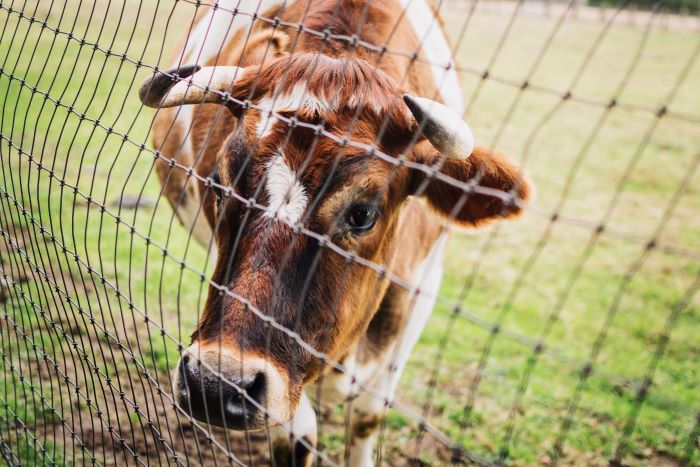
This one is pretty simple: put up a fence. This will help keep the predators out and your livestock in.
The Best Types of Fencing – There are many types of fencing and the kind you need will depend largely on your livestock.
- Traditional Fencing keeps most livestock in and helps keep predators out.
- Wire Fencing – If you are keeping chickens in, then you will need a chicken wire fence. The openings are small and won’t let your birds slip through.
- Electric Fence – For very large livestock like beef steer, you may want to consider an electric fence. This will provide an extra bit of security to keep livestock where they’re supposed to be.
- Live Fence – Another type of fence you could consider is a live fence. Bushes, shrubs, and hedges can make a great natural fence to keep smaller livestock in and predators out.
Other Factors to Consider – When deciding on fencing, asses the ideal length, methods of staking and binding, as well as the overall cost.
Housing Livestock at Night
Like fencing, this is a fairly common practice: bring your livestock and chickens inside at night. (Barns and chicken coops are everywhere for a reason!)
Why nighttime? Most livestock are diurnal (active during the day) and predators tend to be nocturnal. Therefore, if your livestock is secured inside while predators are out looking for food, you minimize the risk of attacks.
Things to consider while housing livestock include:
- The amount of space you will need
- The cost of housing
- The physical footprint of housing
- The potential that any housing has to eliminate grazing areas
Guardian Animals to Protect Your Livestock from Predators
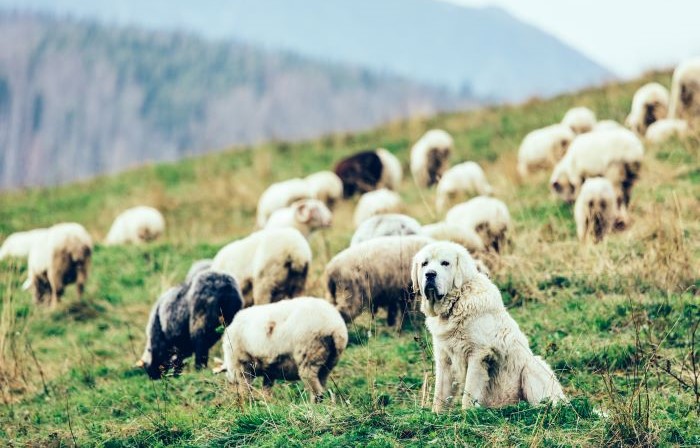
Everyone has seen a loveable sheepdog. Not only can these hard-working dogs help herd animals, but they are a great way to keep predators at bay.
Predatory Path of Least Resistance – When it comes to hunting, predators aren’t dumb. They will work hard for their food, but they are wired to find prey that lay along a path of least resistance. Most foxes and coyotes want nothing to do with a dog. If they encounter one, they will likely find another option.
Larger Predators – One thing to consider if you are protecting your livestock from large predators that is that a single guard dog may not be enough. Wolves are not only big, but they hunt in packs. While guard dogs often have a great deal of loyalty, a single animal is not a fair match for an entire pack of wolves.
Domestic Pets – A great benefit of a guard dog is that they also make great members of your family (while they’re not on the job, of course).
Roosters in the Flock
Here’s another guard animal for your homestead. Adding a rooster for every 10-12 hens can help keep your flock safe. Roosters are naturally protective of hens against small predators, and will alert the brood of danger in case a larger predator arrives.
Something to keep in mind is that roosters can be a bit aggressive, so be careful if you have smaller children or pets.
Fishing Line
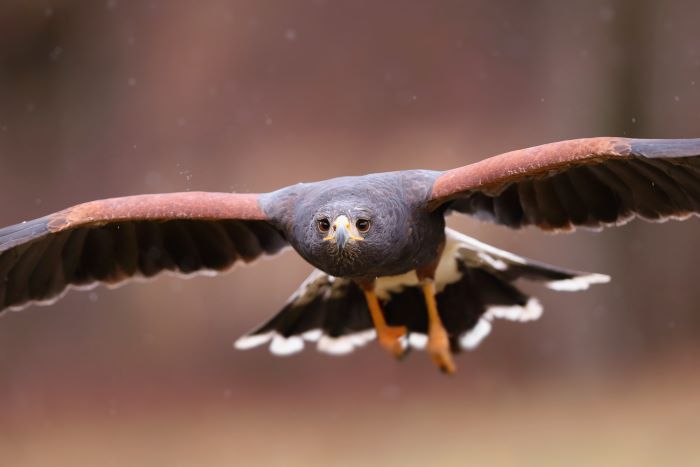
Chickens and other small animals are prone to hawk attacks.
While completely enclosed coops offer the most protection from hawks and other predators, fishing line can be used to protect your chickens when they are outside the coop’s cover.
How to String Up Protective Fishing Line – String fishing line over the area where your chickens live. Make sure the line is high enough for you to walk comfortably beneath.
One of the easiest ways to do this is to get 10-foot poles and position them as if you were going to fence in the area. Then run fishing line from pole to pole, creating rows or squares over the area.
The result? Hawks have incredible eyesight and will see the fishing line from above. Just seeing that line triggers a warning that will prevent them from diving, because they do not want to hit the line on the way down.
Admittedly, this is not a perfect defense, but it will cut down hawk attacks significantly.
Positive Husbandry Practices/Breeding Seasons
Husbandry practices have quite a few applications but the most relevant for protecting your livestock from predators is breeding practices.
Predators tend to breed and give birth in the spring. During that time, predators have more mouths to feed and need to find more prey. That means if you can breed your livestock NOT to be born in the springtime, you will lose fewer animals.
Predators focus on the small, weak, and sick. If your livestock’s young are born in spring, they will be small and weak when predators are the most desperate for food, making them more desirable targets.
Piggy Power
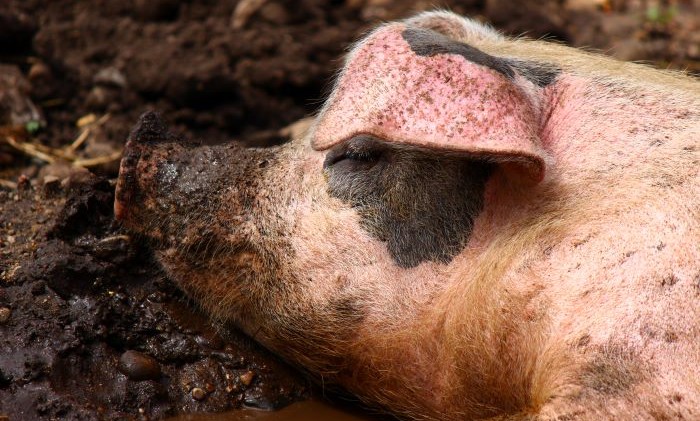
That’s right. Keeping pigs can help deter predators.
The reason is simple and funny: pigs stink. Like humans, predators don’t like the dungy, muddy smell that pigs emit. Predators will stomach that smell if they have to, but again, due to their path of least resistance mindset, they’d as soon pass.
Another factor in pigs deterring predators is that they resemble wild hogs. If you know anything about wild hogs, you know that they are not an animal to be crossed lightly. Some predators tend to view pigs with the same amount of caution that they do wild hogs: best to avoid them.
Get access to premium content and more!

